The Well-Tempered Ear
Classical music Q&A: Co-artistic directors Paul Rowe and Cheryl Bensman Rowe discuss the 14th annual Madison Early Music Festival that begins this Saturday and ends next Friday. It will explore the German Renaissance and the bridge between pre-Baroque and early Baroque music including J.S. Bach and Handel, and it will feature several major early music groups as well as a new Handel aria competition. | July 2, 2013
By Jacob Stockinger
The fact that it is the ONLY Wisconsin classical music festival listed in The New York Times summer guide and NPR’s summer guide tells you something about the Madison Early Music Festival (MEMF).
Specifically, those honors tell you that MEMF has come of age and is now a firmly established classical music event with a national and even international following and audience as well as performers (Cantus Consort Leipzig, Dark Horse Early Brass Consort, the Renaissance band Piffaro and the Parthenia Consort) and students.
Here is a link with complete information about the 14th annual Madison Early Music Festival, including venues, dates and times as well as performers and programs. As a general rule, FREE pre-concert lectures are at 6:30 p.m. in Room L-160 of the Elvehjem Building of the Chazen Museum of Art and concerts are in Mills Hall at 7:30 p.m.
http://continuingstudies.wisc.edu/lsa/memf/
I recently spoke with UW-Madison baritone Paul Rowe his wife soprano Cheryl Bensman Rowe, who serve as co-artistic directors of the festival. (Both are seen below in a photo from the 2012 sold-out MEMF concert by Anonymous Four.)
Here is their email Q&A:
How successful is this year’s festival compared to others in terms of enrollment, budgets, performers, etc.? Is MEMF clearly established now nationally or even internationally?
We are running ahead of normal this year in terms of participants, and we are sure that once the festival gets closer we will have a larger number of people involved than usual. This is partly due to the success of last summer’s festival and partly to the music and era that we are focusing on this summer.
The addition of the Handel aria competition has given us a different kind of visibility. The large number of entries and inquiries shows how established the festival is nationally. It is gratifying to see that we are now being listed in several national publications.
This year’s music has something for everyone interested in early music since it is situated during the change in styles between what is usually called the Renaissance and the early Baroque.
This means that while music was changing there was still a great deal of carry-over in terms of musical style and the instruments that are used. So there are recorders, sackbuts (early trombones, below top) and shawms (early oboes, below bottom) but also violins, cellos, harpsichords and other more instruments that are more familiar to “classical” audiences.
What is new and what is the same in terms of format, students, faculty members and performers?
The main differences this year are the addition of a masked ball on Wednesday night and the new Handel Aria Competition, the finals of which will take place on Monday night. (A portrait of Handel is below.)
Why was the topic of the German Renaissance chosen for the early music festival? What composers and works will be highlighted?
The specific time of the international celebration in March of 1616 gives a specific focus to the festival this year. The reason for the two-week party was the christening of the fifth son of the Duke of Württemberg (below), who was very well-connected in social and political circles.
This time in history saw many such celebrations all over Europe and normally included theatrical, sacred and other celebrations. Much of the music and other details about the activities were printed in a kind of souvenir book that was distributed among the important guests. The events included a sacred mass (which will provide much of the music for the all festival concert), a masked ball, dances and theatrical presentations on allegorical themes.
This was also the time of many great composers including Heinrich Schütz (below), J.H. Schein, Samuel Scheidt, Michael Praetorius, Claudio Monteverdi, Hans Leo Hassler, the two Gabrielis and many lesser-known names.
This was also the first flowering of music publishing so much of the music from this time is available to us.
How does the German Renaissance in music differ from its counterparts in, say, Italy, France and England. What is the historical origin and role of the music from that era in that part of the world?
There is a great deal of crossover between the musical styles. International music was heavily influenced by the Italian composers, with whom many composers from other countries went to study. There was some attempt to incorporate styles to suit the language and fashion in each country.
In Germany, this meant attempts at opera in German most famously in Heinrich Schütz’ opera “Dafne,” which was presented some 10 years after the event we are using as a starting place. Germany also attempted to blend the dominant Italian style with the post-Reformation church music including the Becker psalter and the hymns of Martin Luther (below).
What music and composers of the era have been most neglected and least neglected by historians and performers?
Schütz is the most famous German composer from this era but there were many other including the aforementioned Schein, Scheidt, Praetorius (below), Hassler and also Matthias Weckman, Christoph Bernard, Heinrich Albert and Johann Kaspar Horn.
Can you tell us about the program “Stuttgart 1616” for the All-Festival Concert on Friday, July 12?
Most of the music for the final concert will be drawn from the mass that was composed by Leonhard Lechner (below top and at bottom in a YouTube video), for the christening along with traditional chant and other sacred music by Ludwig Daser, Balduin Hoyoul, Simon Lohet, Gregor Aichinger, Michael Praetorius and Hans Leo Hassler (below bottom).
Are there other sessions, guest lectures and certain performers that you especially recommend for the general public?
The lineup of guest groups is very strong this year. Most of the groups will be familiar to Madison audiences with the exception of Calmus Ensemble Leipzig from Germany and the Dark Horse Consort from New York. Calmus (below top) is an award-winning vocal ensemble whose concert will feature music from several different eras, including some works by J.S. Bach. Dark Horse Early Brass Consort (below bottom in a photo by Tatiana Daubek) is presenting a program of music for brass, voices and continuo.
Some of this music will be the most familiar music of this time with the Venetian-influenced double choirs and echo effects and extremely powerful blocks of sound for which brass ensembles are known.
Is there anything else you would like to add?
This summer promises to be a window into this time in history when many changes were in the air. It was a time of peace and prosperity all over Europe that was soon to end in the Thirty Years war.
In some ways it is similar to our “Roaring” Twenties with all kinds of musical styles mixing together as fashions shift. All the economic activity encouraged exchanges of art, music and literature, which was promoted further by the expansion of print.
It is also different to examine Germany at this time when we normally look at Italy, England and northern Europe. Germany was seen as a kind of artistic backwater but this era is what began a change in that perception.
Tags: Balduin Hoyoul, Baroque music, Chazen Museum of Art, Claudio Monteverdi, Early music, German Renaissance, Germany, Hans Leo Hassler, Heinrich Schütz, Jacob Stockinger, Johann Kaspar Horn, Madison, Martin Luther, Michael Praetorius, New York Times, NPR, Paul Rowe, University of Wisconsin–Madison, YouTube
3 Comments »
Leave a comment Cancel reply
This site uses Akismet to reduce spam. Learn how your comment data is processed.
- May 2024
- April 2024
- March 2024
- February 2024
- January 2024
- December 2023
- November 2023
- October 2023
- September 2023
- August 2023
- July 2023
- June 2023
- May 2023
- April 2023
- March 2023
- February 2023
- January 2023
- December 2022
- October 2022
- September 2022
- June 2022
- May 2022
- April 2022
- March 2022
- July 2021
- June 2021
- May 2021
- April 2021
- March 2021
- February 2021
- January 2021
- December 2020
- November 2020
- October 2020
- September 2020
- August 2020
- July 2020
- June 2020
- May 2020
- April 2020
- March 2020
- February 2020
- January 2020
- December 2019
- November 2019
- October 2019
- September 2019
- August 2019
- July 2019
- June 2019
- May 2019
- April 2019
- March 2019
- February 2019
- January 2019
- December 2018
- November 2018
- October 2018
- September 2018
- August 2018
- July 2018
- June 2018
- May 2018
- April 2018
- March 2018
- February 2018
- January 2018
- December 2017
- November 2017
- October 2017
- September 2017
- August 2017
- July 2017
- June 2017
- May 2017
- April 2017
- March 2017
- February 2017
- January 2017
- December 2016
- November 2016
- October 2016
- September 2016
- August 2016
- July 2016
- June 2016
- May 2016
- April 2016
- March 2016
- February 2016
- January 2016
- December 2015
- November 2015
- October 2015
- September 2015
- August 2015
- July 2015
- June 2015
- May 2015
- April 2015
- March 2015
- February 2015
- January 2015
- December 2014
- November 2014
- October 2014
- September 2014
- August 2014
- July 2014
- June 2014
- May 2014
- April 2014
- March 2014
- February 2014
- January 2014
- December 2013
- November 2013
- October 2013
- September 2013
- August 2013
- July 2013
- June 2013
- May 2013
- April 2013
- March 2013
- February 2013
- January 2013
- December 2012
- November 2012
- October 2012
- September 2012
- August 2012
- July 2012
- June 2012
- May 2012
- April 2012
- March 2012
- February 2012
- January 2012
- December 2011
- November 2011
- October 2011
- September 2011
- August 2011
- July 2011
- June 2011
- May 2011
- April 2011
- March 2011
- February 2011
- January 2011
- December 2010
- November 2010
- October 2010
- September 2010
- August 2010
- July 2010
- June 2010
- May 2010
- April 2010
- March 2010
- February 2010
- January 2010
- December 2009
- November 2009
- October 2009
- September 2009
- August 2009
Archives
- 2,491,484 hits
Blog Stats
- Here’s music to mark Mother’s Day May 11, 2024
- What made Beethoven sick and deaf? May 9, 2024
- Beethoven’s Ninth turns 200 today May 7, 2024
- Pianist Yuja Wang’s new ‘Vienna Recital’ is another triumph May 4, 2024
- Gramophone names the 50 best classical recordings of 2024 — so far May 2, 2024
Recent Posts
Recent Comments
| Brian Jefferies on Classical music: A major reass… | |
| welltemperedear on What made Beethoven sick and… | |
| rlhess5d5b7e5dff on What made Beethoven sick and… | |
| welltemperedear on Beethoven’s Ninth turns 200… | |
| Robert Graebner on Beethoven’s Ninth turns 200… |
Tags
#BlogPost #BlogPosting #ChamberMusic #FacebookPost #FacebookPosting #MeadWitterSchoolofMusic #TheEar #UniversityofWisconsin-Madison #YouTubevideo Arts audience Bach Baroque Beethoven blog Cello Chamber music choral music Classical music Compact Disc composer Concert concerto conductor Early music Facebook forward Franz Schubert George Frideric Handel Jacob Stockinger Johannes Brahms Johann Sebastian Bach John DeMain like link Ludwig van Beethoven Madison Madison Opera Madison Symphony Orchestra Mead Witter School of Music Mozart Music New Music New York City NPR opera Orchestra Overture Center performer Pianist Piano post posting program share singer Sonata song soprano String quartet Student symphony tag The Ear United States University of Wisconsin-Madison School of Music University of Wisconsin–Madison Viola Violin vocal music Wisconsin Wisconsin Chamber Orchestra wisconsin public radio Wolfgang Amadeus Mozart YouTube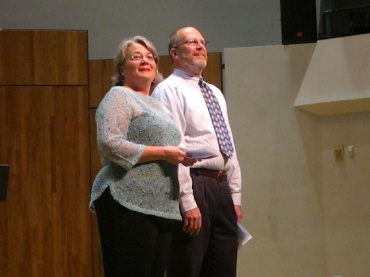


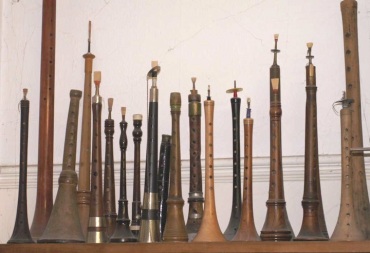
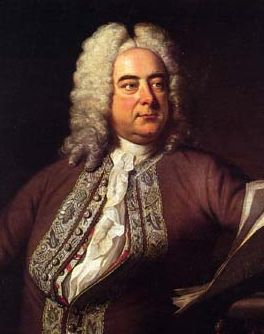
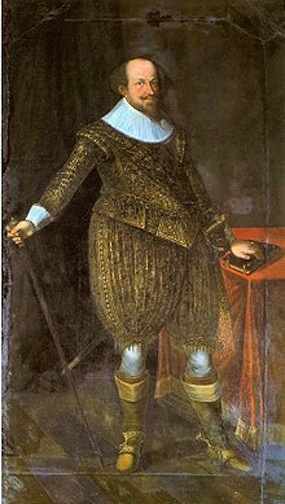
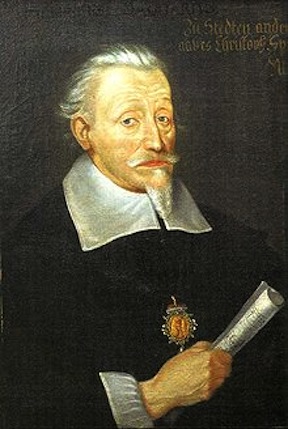
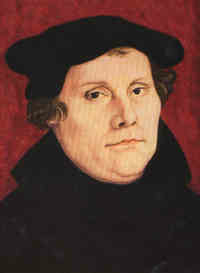
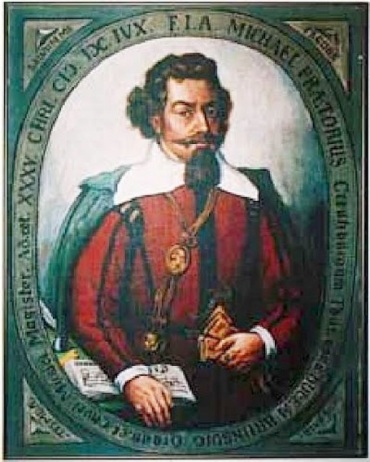


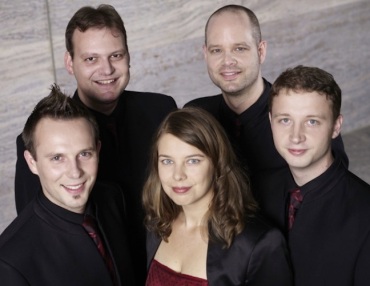
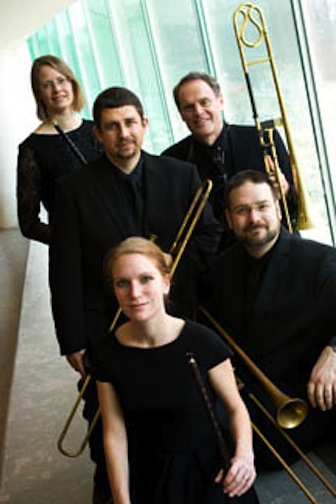
[…] https://welltempered.wordpress.com/2013/07/02/classical-music-qa-co-artistic-directors-paul-rowe-and-… […]
LikeLike
Pingback by Classical music Q&A: Founder Dean Schroeder talks about the inaugural Handel Aria Competition at this year’s Madison Early Music Festival on Monday night, July 8. | The Well-Tempered Ear — July 5, 2013 @ 12:02 am
[…] Classical music Q&A: Co-artistic directors Paul Rowe and Cheryl Bensman Rowe discuss the 14th an… (welltempered.wordpress.com) […]
LikeLike
Pingback by Madison Early Music Festival Starts Saturday, 7/6/13 | musicaantiquawort — July 3, 2013 @ 12:31 am
Thanks for the great MEMF preview and interview with the Rowes, Jacob. Looks like the best MEMF yet.
LikeLike
Comment by Carol Moseson (Musica Antiqua, WORT) — July 2, 2013 @ 11:21 pm